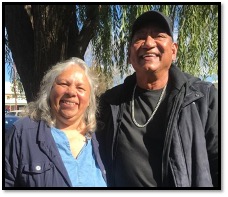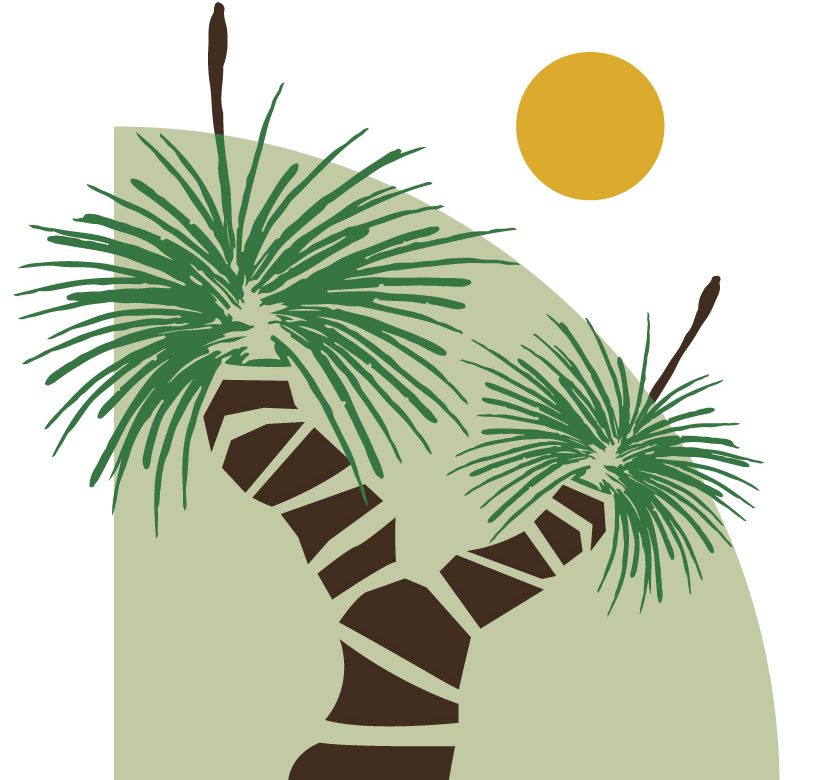
Nolan Hunter, a Mundaring resident and Head of Engagement, Uluru Dialogue, and Traditional Wadjuk woman, Vanessa Corunna, recently met with our Vice Chair, Helen Lynes, at the Lazy Corner coffee shop in Mundaring.
Mr Hunter said that the Uluru Statement points the way towards First Nation cultural authority to heal the past, and to heal the way things are done in Australia today, and into the future. This includes a way to learn from and do traditional ways of Caring for Country.
It is important, he said, to see the bigger picture relationship between Indigenous way of looking after Country, and biodiversity, conservation and environmental outcomes, he said.
After all, he continued, Indigenous people make up 5% of the world’s population and have traditional custodial, or stewardship, obligations, for 25% of the earth’s land mass, along with 80% of the world’s biodiversity.
Indigenous traditional and cultural ecological knowledge systems are recognized globally as a crucial part of contemporary best practice in sustainability. For example, the Paris Agreement recognizes the essential role Indigenous people have in re-building and keeping a climate safe world. Examples of this include Caring for Country and fire management projects, along with recognized carbon abatement value of these practices in the achievement of global emission reduction targets. UNESCO has similarly emphasized the value of Indigenous sustainability practice at UN Climate Forums.
Australian Indigenous people, Mr Nolan continued, have led the way in the international arena in carbon abatement through the adoption of traditional cultural ecological knowledge and ways to Care for Country. In Australia, there are huge evidence-based inroads into this through, for example, Indigenous Rangers programs on Country. Another example is the commitment by the Australian government to conserve 17% of lands, or over 1.58 million hectares, under the National Land Reserve System as a safety net in the face of climate change threats, of which approximately half is made up of Indigenous Protected Areas (IPA), and is, therefore, under the direct stewardship Australian Indigenous people.
Ms Corunna, added ‘this shows it is so important for Traditional owners to be on their Countries co-managing and co-designing ways to look after County’.
‘But for all of these things to be really locked into something sustainable and useful for the whole of Australia, Mr Hunter said, we need a Voice in Australia’s governance process as described in the Uluru Statement. This would empower Indigenous people to be heard and give form to enable us towards our responsibility of fulfilling our cultural obligations to look after country, with enormous climate-resiliency results for everyone. A fire pit yarning circle about the Uluru Statement of the Heart, including its role in upholding cultural healing of Country, and reducing climate risk, will be held in the Perth Hills in September 2022 – so watch out for an update in our newsletter in a couple of months’ time!
